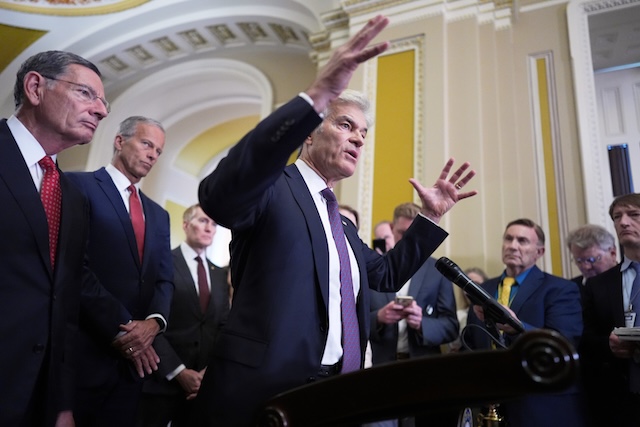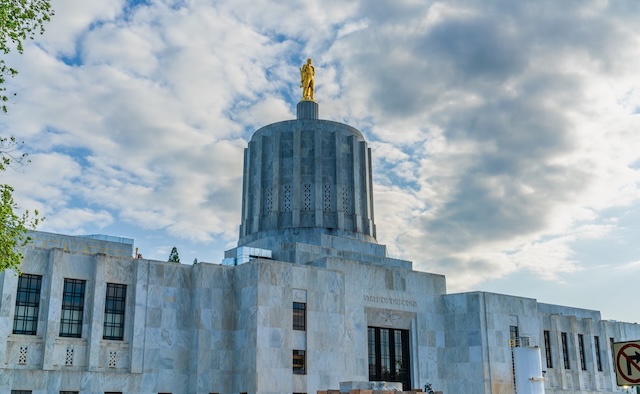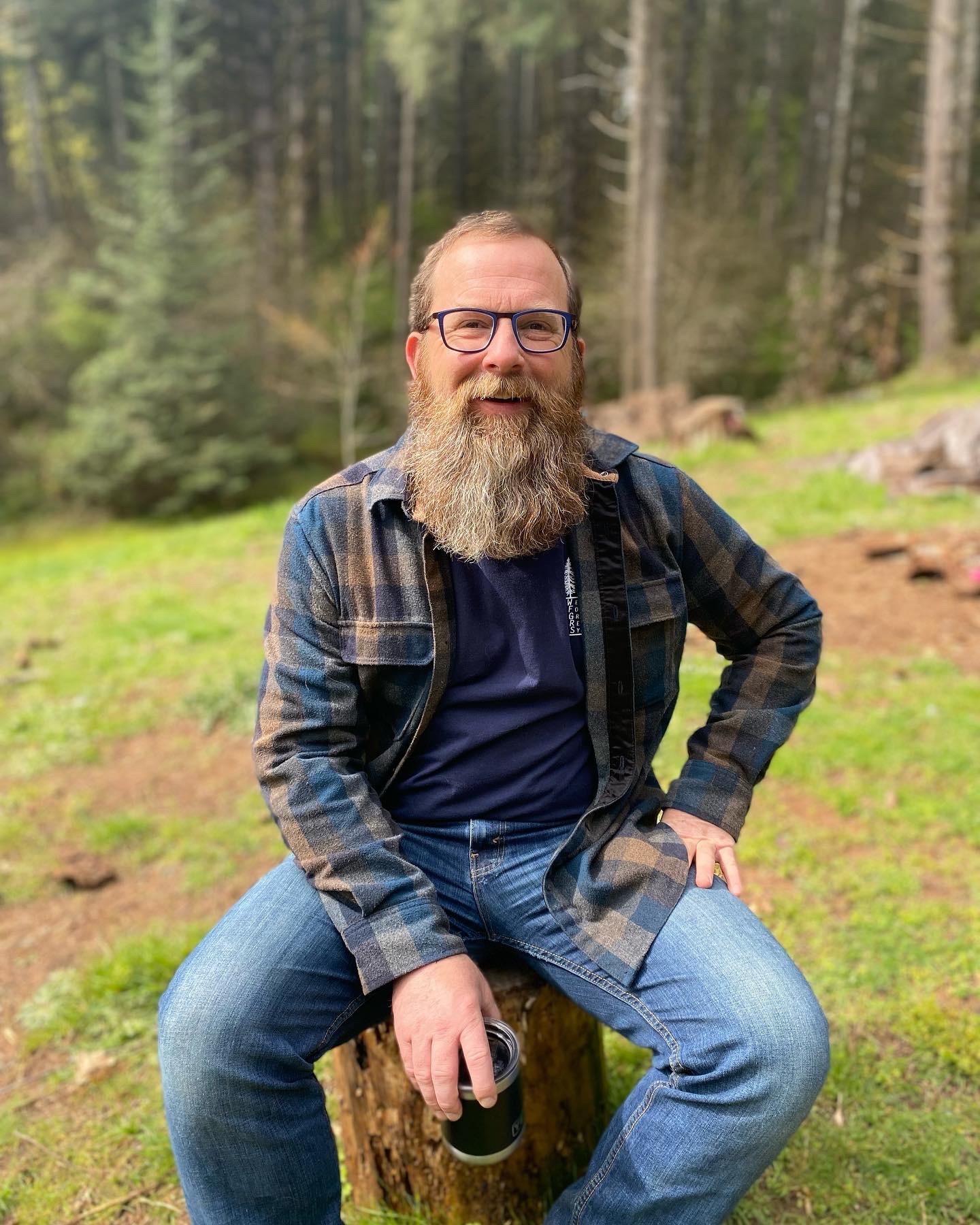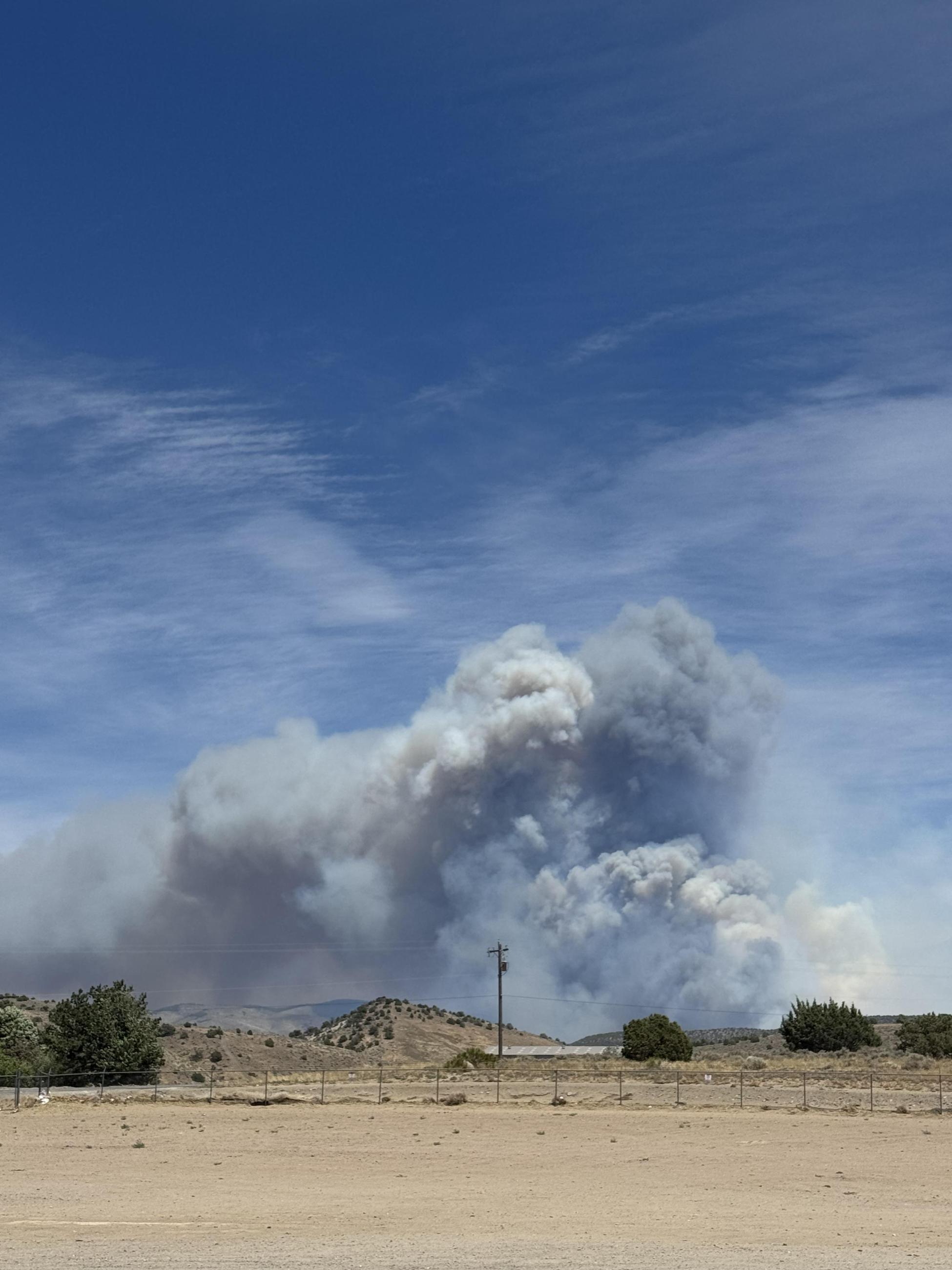Editorial: Medicaid work requirements will be a challenge for Oregon
Published 9:28 am Tuesday, July 8, 2025

- Mehmet Oz, center, administrator of the Centers for Medicare and Medicaid Services, is joined from left by Sen. John Barrasso, R-Wyo., the GOP whip, and Senate Majority Leader John Thune, R-S.D., as they speak to reporters following closed-door policy meetings at the Capitol in Washington in June. (AP Photo/J. Scott Applewhite)
Where some people see menace in the Big, Beautiful Bill is what is euphemistically called “community engagement requirements.”
They are spelled out starting on page 615. Basically, they mean receiving Medicaid in Oregon and elsewhere in the country will come with a work requirement.
People who want Medicaid will have to work not less than 80 hours a month, complete not less than 80 hours of community service, participate in a work program for not less than 80 hours, be enrolled in an education program at least half time or some combination of those for not less than 80 hours. There can be exceptions for hardship events.
Is that unreasonable? Is it going to kick people off of Medicaid? Is it going to deny people who need health care from getting health care?
The hope is the work requirement may help people get healthier and help them emerge from poverty.
Arkansas tried it, or at least a version of work and reporting requirements. It phased in the requirements for most Medicaid eligible people from ages 30-49 in 2018. People had the option of reporting their compliance online and later by phone. The Arkansas Department of Human Service reported 18,000 people failed to comply with the requirement and were kicked off. A federal judge ended the work requirement in 2019 because of concerns of loss of health coverage.
So did the program have positive impacts?
That is not clear. The finding that seems most clear from Arkansas is that people were unaware or confused about the requirement. Some also complained about lack of internet access to report — before the state allowed reporting by phone.
It’s not unreasonable to assume similar challenges will come in Oregon and people will lose coverage.








